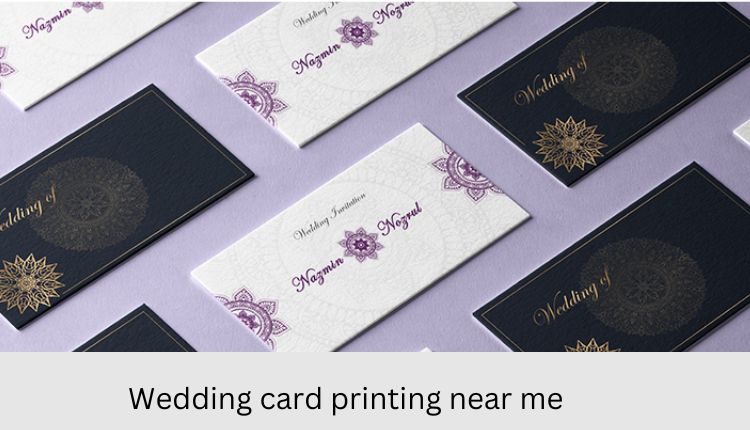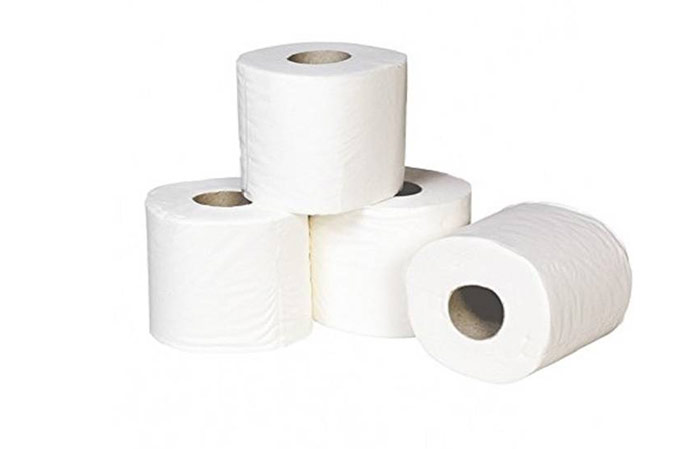
Find a Publisher for Your Book in 5 Easy Steps
The next thing you might do after finishing a book is figure out how to publish it. There are several options for publishing your work, some of them are tailored to the genre or kind of content you have.
Several books in various categories are published by traditional book publishers, but there are other options that might help you select the best option for your writing.
What a book publisher is, whether you need one for your book, what qualities to look for in a book publisher, and how to find one are all covered in this article.
What does a book publisher actually do?
A book publisher is a person or organization that reviews and edits the written manuscripts of authors in order to get them ready for publishing and dissemination.
They also manage copyrights, bind finished volumes, and offer assistance or advice on cover designs.
In order to get your book into places where it can be sold to customers, the book publishers can work with an author’s agent and leverage contacts with booksellers, general retailers, and online retailers.
Some publishing houses could also help you create marketing strategies for your book after it is available for purchase.
Do you need a publisher for your book?
Depending on how you plan to manage promotion and sales, you can decide whether or not your book needs a publisher. There are various ways to publish your book, however they mainly fall into two groups:
In the classical meaning of publishing
In the literary world, the term “conventional publishing” refers to the conventional process of turning a manuscript into a book that can be bought.
The procedure starts when an author or literary agency contacts a publishing company with a query.
If a publishing company accepts your query, they might pay you an advance for your work and use their resources to produce and promote your book.
You might be paid royalties for future sales, or the publishing house might buy your intellectual property and claim ownership of your work, depending on the specifics of your agreement with them.
This method of publication is perfect for anyone who values the prestige of traditional publishing, doesn’t want to spend their own money on publishing, and writes in genres that conventional publishers are unlikely to publish, such as:
- Young books
- Young fiction
- Crime fiction geared toward young readers
- Science fiction and fantasy
- Fantasy\Thriller\Romance
Self-publishing
The term “self-publishing” is used in the literary world to describe a wide range of distribution channels that do not fall under the traditional publishing model.
For anyone authoring a book in a specific niche or who favors a different publishing path, these avenues are perfect. You can produce material in one of the following formats if you want to self-publish:
Locate a Publisher for Your Book: How to Do It
Following the completion of your book, you can start the process of traditional publication by doing the following:
- Finish the opening three chapters
Several publishing companies and organizations can need you to have a finished manuscript before offering you a book deal.
You might be excluded from this requirement if you have a sizable fan base as an author or are writing on a topic about which you have expert knowledge.
On the other hand, in order to evaluate and comprehend the potential path for the entire book, agents and publishers may only need the first three chapters of your manuscript.
Review and modify your first three chapters so that they persuade the reader to read more of the work in order to get them ready for these groups.
You can also get in touch with online companies that will look over your work and offer expert advice to help you enhance it.
If you’ve contacted numerous editors and agencies but haven’t received a sale for your work, keep editing to increase the likelihood that your requests will be granted.
- Write a query letter
A publisher might want to know more about you as an author and the general direction of the book before they read the chapters you send so they can determine whether it appears like a book that would be a suitable fit for their publication list.
Write a one-page query letter outlining your credentials to write about the topic, your background, and a brief synopsis of the book.
The query letter is typically the first thing a prospective editor reads about you, so make sure it is error-free and contains all the information a publisher would want to know about you and your book.
- Make your synopsis better
Frequently, your query letter will include an overview of your entire book. Since you only mentioned the first three chapters, your synopsis can describe the complete plot in detail.
Your conclusion shouldn’t be given away in a synopsis, especially if there is a plot twist.
Your synopsis can describe all of the ideas that are discussed in the book and how it differs from other books on the same subject if you’re preparing a query for a nonfiction book.
If your book is accepted, the publisher will have a clear understanding of what they are getting.
- Locate a broker
The majority of traditional publishing is carried out with a literary agent’s help. They can help you with the querying process and contract negotiations because they have connections in the publishing industry.
They can also help you keep the creative input necessary for the final product of your book.
In exchange for their efforts on your behalf during the publishing process, agents are frequently paid a part of your advance and royalties. So, you might not be required to pay an agency until they help you sell your book.
Similar to how you would approach individual publishers, you may approach agents by sending them a query letter along with a synopsis and the first three chapters of your book. Try to speak with a specific agent when you have questions.
To increase your chances of becoming an agent’s client, think about doing some research to find agents who have shown interest in novels comparable to yours or with whom you may already have a relationship.
- Send a publisher your manuscript
You can submit your inquiry to a publication once you’ve gathered all of your resources and chosen which agencies to contact. Like you would with an agency, pick publishers who have shown interest in books similar to yours.
In the event that you have a certain market in mind, look for independent publishers who serve that sector.
Try to get in touch with specific editors who you think would be interested in you or your book if you’re writing to a larger publisher. This can help you improve your chances of getting a publisher’s notice.




